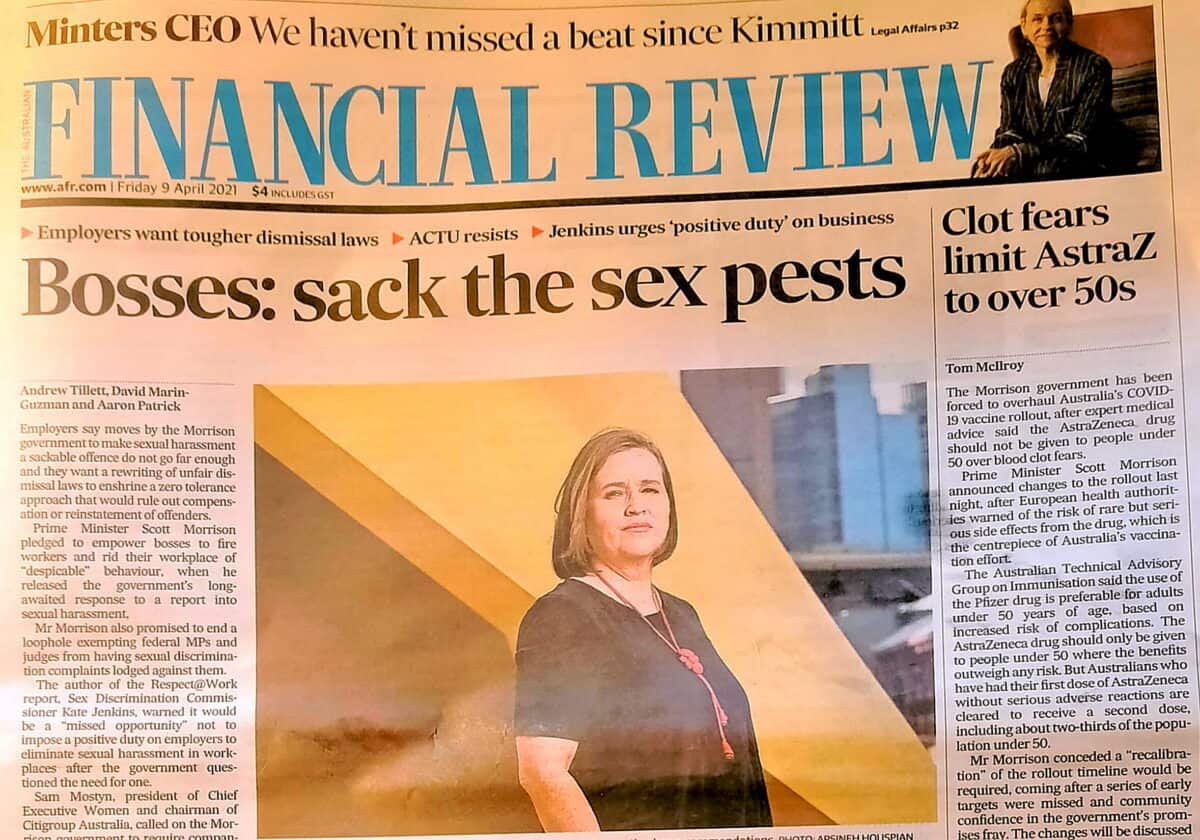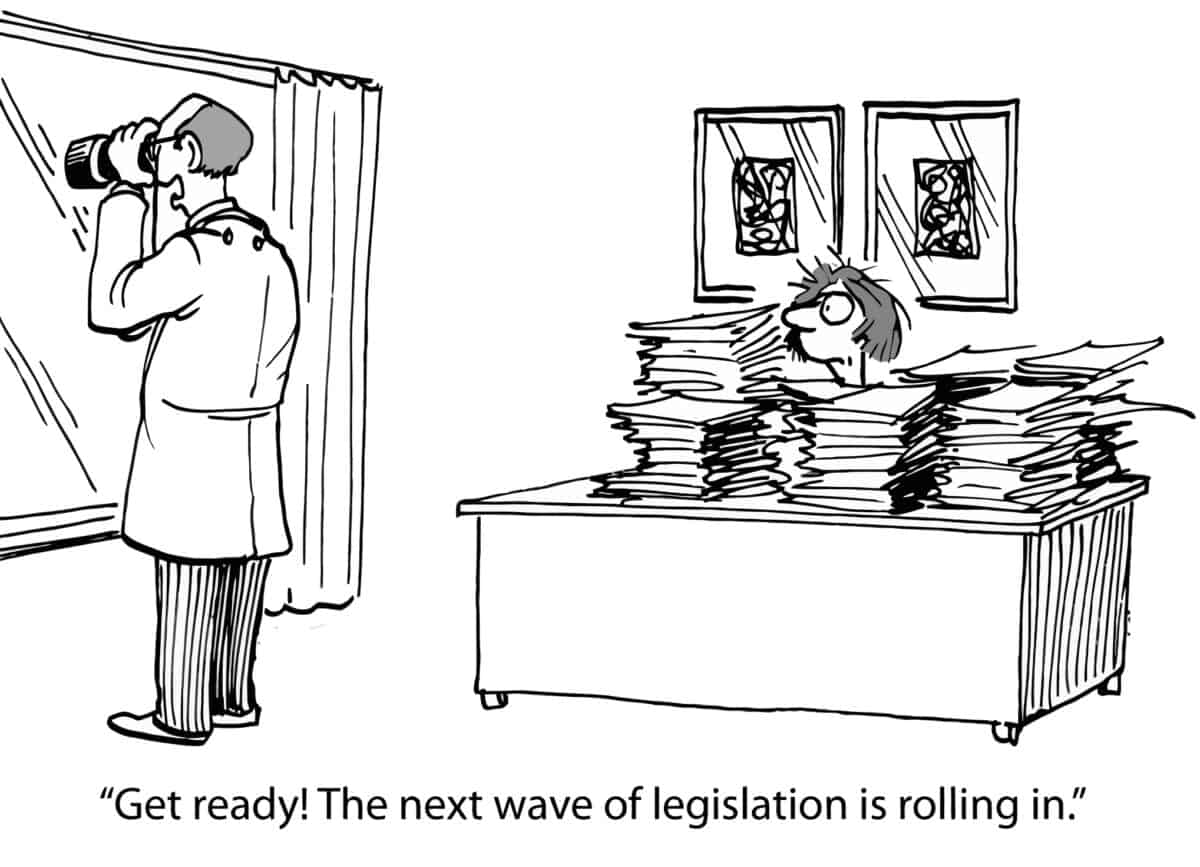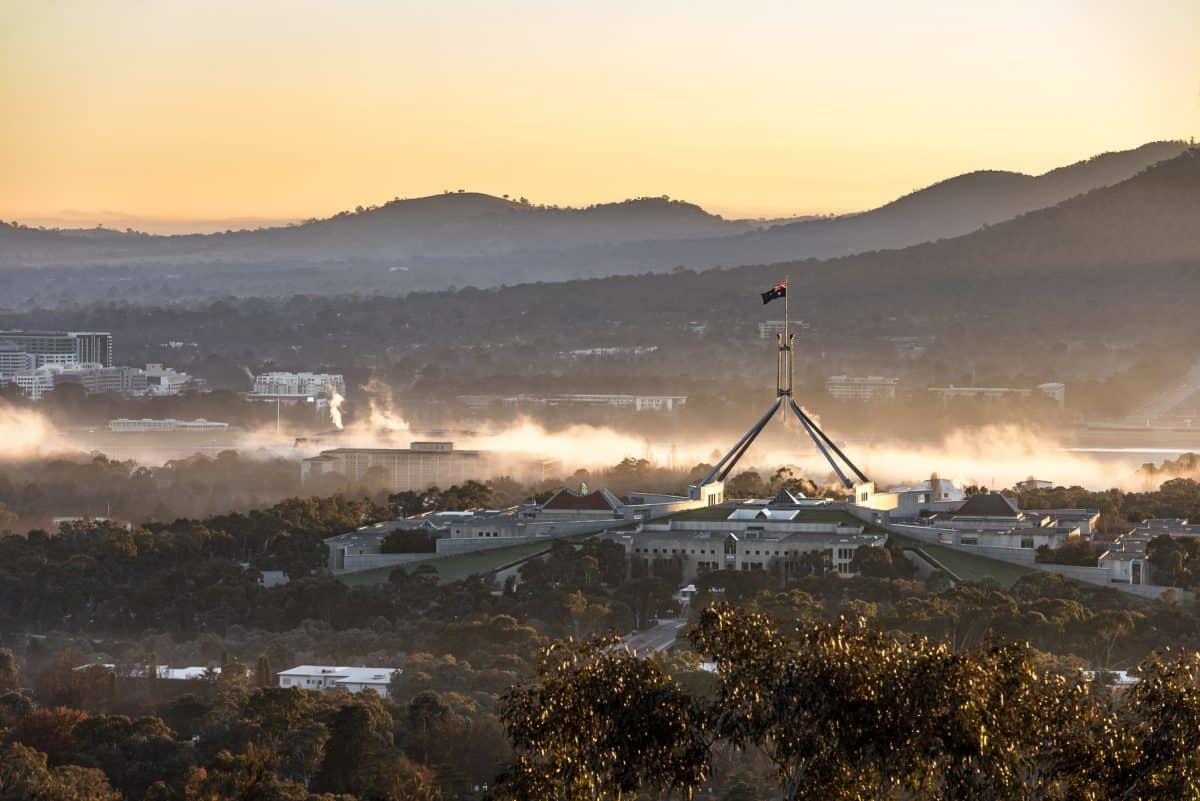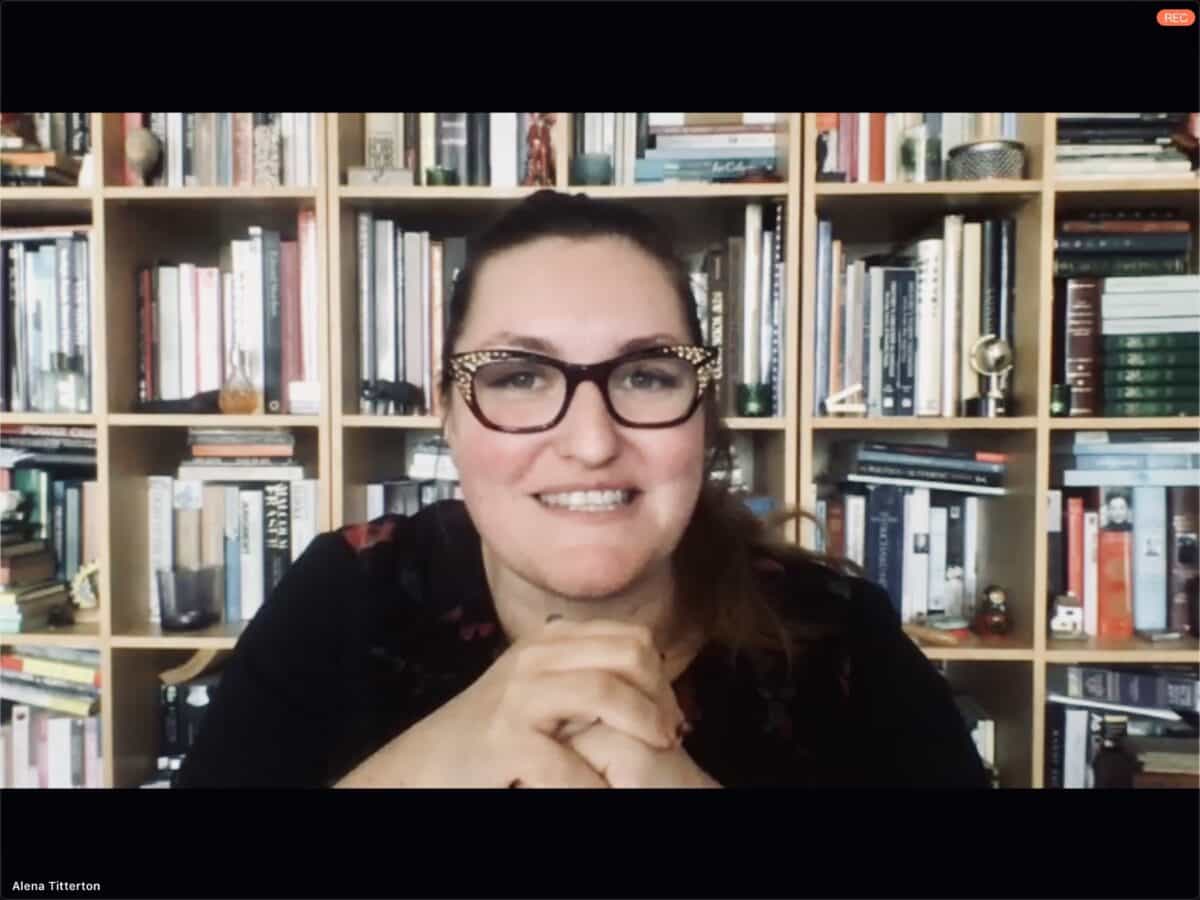Senator Deborah O’Neill continued her attack on Australia’s Liberal/National party government in Senate Estimates hearing last week.
With the Work Health and Safety (WHS) ministers split on the introduction of an Industrial Manslaughter (IM) offence in the Model WHS laws, Senator Michaelia Cash, Attorney-General, Minister for Industrial Relations and chair of that WHS meeting, could have voted in favour of these IM changes but declined. O’Neill saw this as a political weakness and challenged Senator Cash to justify her decision. The justifications, with a hint of arse-covering, were morally weak but legally sufficient. At one point, Senator Cash said:
“… a fundamental principle of work health and safety regulation in Australia, as you would be aware, is that liability should focus on risk, not outcome, because the evidence shows that when you focus on risk, as opposed to outcome—and the outcome that you are referring to here is a terrible outcome: a death in a workplace—it’s been proven to actually improve health and safety in workplaces.”
Hansard, June 2, 2021, page 8







